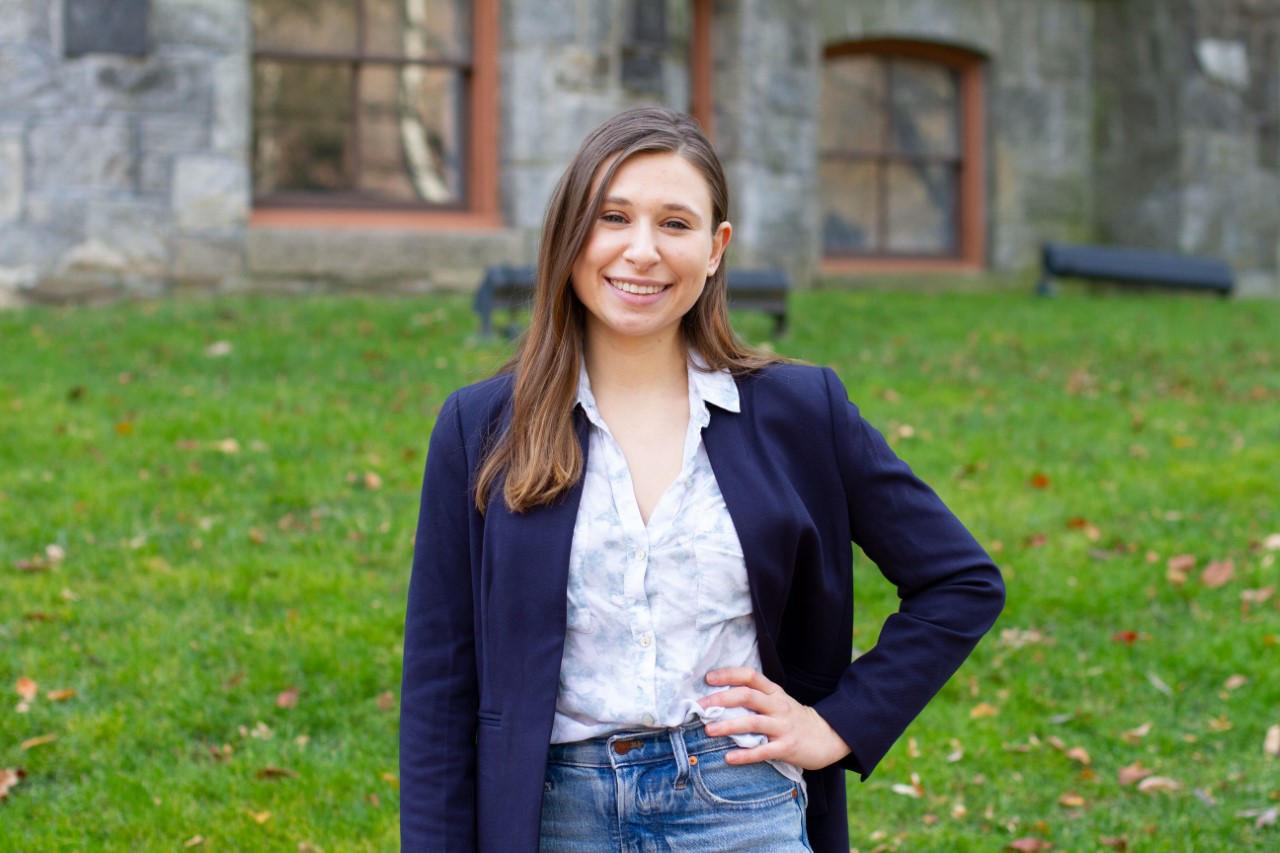
Erin Hayes on her research on supernovae and how she is working to get more women into STEM subjects like Astrophysics
Diversity helps bring in new ideas and more creative solutions to problems
Erin Hayes
Erin Hayes is fascinated by how and why the universe came into being and how it is evolving. Her PhD in Astronomy, which she begins in the autumn, aims to classify different types of supernovae using light. To get the best results the measurements of stars’ brightness and distance need to be precise. The data can be used to determine how quickly the universe is expanding.
Erin is also committed to getting more women into STEM subjects like Astrophysics. Having attended an all-girls high school, she was positively encouraged to study science and she was surrounded by positive female role models, including her Physics teacher. “It started me off on the right foot,” she says.
At the University of Pennsylvania where she is completing her undergraduate degree, she gradually became involved in a Women in Physics group, initially through asking them for a mentor and attending some of their events. By her junior year she was on the board and helped to set up a virtual speakers series and newsletter during the pandemic which highlighted the “cool research” women are doing at all levels of the university.
Erin [2022] is keen to help more women get into STEM careers such as Astrophysics. As part of that work, she has mentored three other women students which she found very rewarding. “I was in the same position as them when I started. I was nervous about asking if I could work in someone’s laboratory. I got to help those women fulfill their potential and get over their mental blocks,” she says. She hopes to continue this work at Cambridge.
From chemistry to microlensing
Born in Phoenixville, Pennsylvania, Erin gravitated towards science in high school, particularly chemistry and benefited from a very good teacher. Her school had previously run Advanced Placement classes to give those students who are more academically able a taste of university life. These had been replaced with other classes and, in the case of Physics, the replacement was an Astrophysics class. Erin took the class and says it opened up a number of questions in her mind about what was going on in the universe.
However, when she started at the University of Pennsylvania in 2018 she did so intending to major in Chemistry. Gradually, she was pulled more in the direction of Physics. She took part in a citizen science research project where she was able to use real data to investigate black holes and says the experience was “mindblowing”, even if the research she was able to do at the time was not very in-depth.
She attended talks by Professor Masao Sako about his research in Astrophysics and was inspired. “It was like something clicked in me and I thought I could do this as a career,” she says. She asked Professor Sako if she could work with him over the summer and spent the summer learning how to code and getting started on one of his projects, looking for black holes and investigating microlensing – the process that occurs when a black hole passes in front of a background star and gravity causes the star to bend towards Earth so it appears brighter.
Erin worked with Professor Sako for her first two summer vacations and then all year round from her third year. Despite Covid, she was able to continue because her work was mainly based on coding which she didn’t need special equipment for.
In the summer of 2021 she moved onto another project which offered a different perspective on microlensing. It involved developing a machine learning method to classify different types of transience in simulated data. This work also involved looking at supernovae – exploded stars.
Cambridge
She was thinking about her options for continuing her research after her undergraduate degree and felt that Dr Kaisey Mandel’s work at the University of Cambridge was a good fit for her. She was keen to study abroad and felt that Dr Mandel would be the perfect mentor. Her PhD will take forward the work she has been doing at Pennsylvania, but focused exclusively on supernovae and using different datasets.
Outside of her academic work and her commitment to Women in Physics, Erin is also a passionate advocate of dancing and is chair of her university’s Dance Arts Council. At high school she took ballet, but she has branched out into jazz, contemporary and hip hop styles since starting university. Her chair role involves overseeing 12 different dance groups and organising events, something that has been more of a challenge in the wake of the pandemic.
Erin is looking forward to starting at Cambridge and is excited to have been selected as a Gates Cambridge Scholar. She says she loves the diversity of the community, not just in terms of country background, but also in terms of discipline. She is, for instance, currently working with a graduate student who comes from a computer science background. “Diversity helps bring in new ideas and more creative solutions to problems,” says Erin. “If we can meld more minds to work on the questions we are addressing we will make more progress.”












